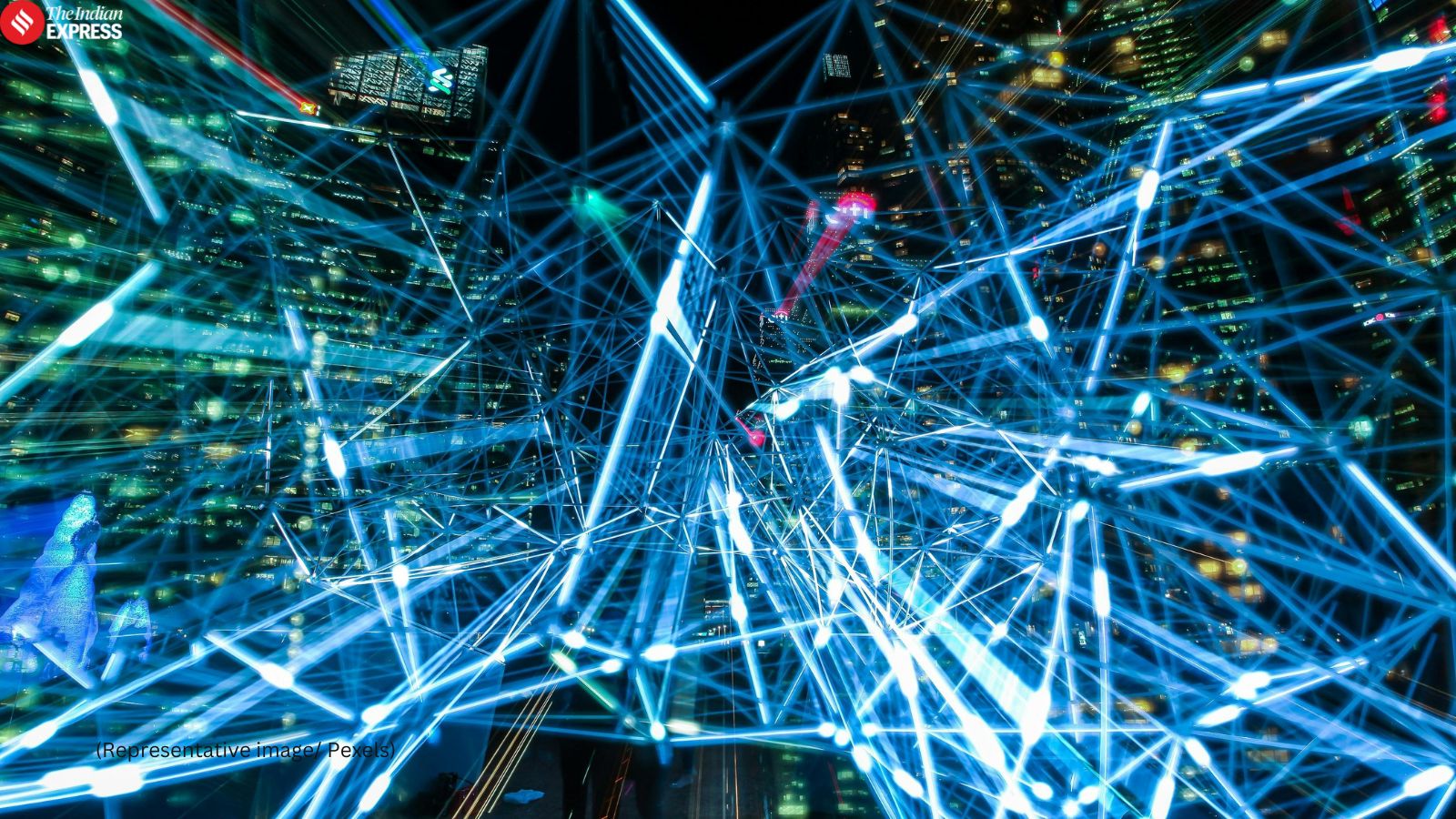Artificial intelligence (AI) has invaded several industries, with professionals incorporating the tool into their daily lives. However, experts have foreseen the future and now warn against three safe careers, while others might be completely replaced by AI by 2045. Adam Dorr, Director of Research at think tank RethinkX, recently predicted that AI and robotics will replace the majority of outdated human jobs.
Speaking to The Guardian, Dorr emphasised that machines are advancing so rapidly that they will soon outperform humans in terms of speed, accuracy, and cost-efficiency. “This isn’t a slow, evolutionary change,” Dorr explained. “It’s a fast, disruptive shift.”
According to his research, which draws from over 1,500 case studies of past technological disruptions, once an innovation proves superior, it typically replaces existing systems within just 15 to 20 years. AI is now following the same pattern, but with an unprecedented twist. The machines are replacing human labour itself.
Story continues below this ad
Dorr warns that white-collar roles, long considered safe from automation, are increasingly vulnerable. Jobs involving routine cognitive tasks and predictable processes are particularly at risk. “AI systems are becoming so capable and affordable,” he said, adding “that they will soon be able to deliver higher-quality results than humans across nearly every sector.”
While most industries will be deeply affected, Dorr believes some professions are still safe. These are roles in emotional intelligence, complex ethical reasoning, and deeply human trust. “Politicians, sex workers, and ethicists are among the few roles that could remain in human hands,” he said.
But he cautioned that even these jobs are unlikely to offer employment at a scale large enough to support the billions displaced by automation.
Without major shifts in economic structures, Dorr predicts worsening inequality and mass unemployment. However, he also sees a post-work world of abundance. According to him, AI could create a society where “human needs are largely met by machines,” freeing people from traditional labour altogether. But achieving that vision would require “bold experiments in how we define work, value, and ownership.”

